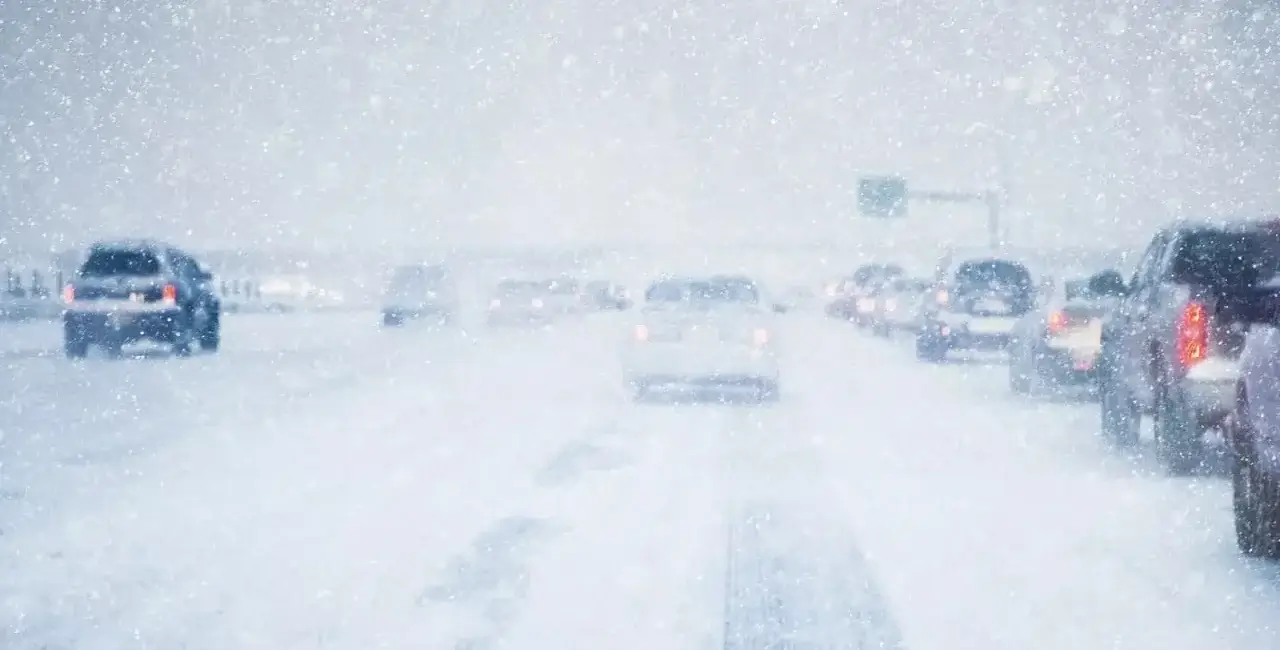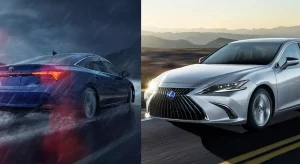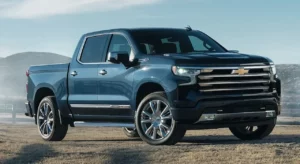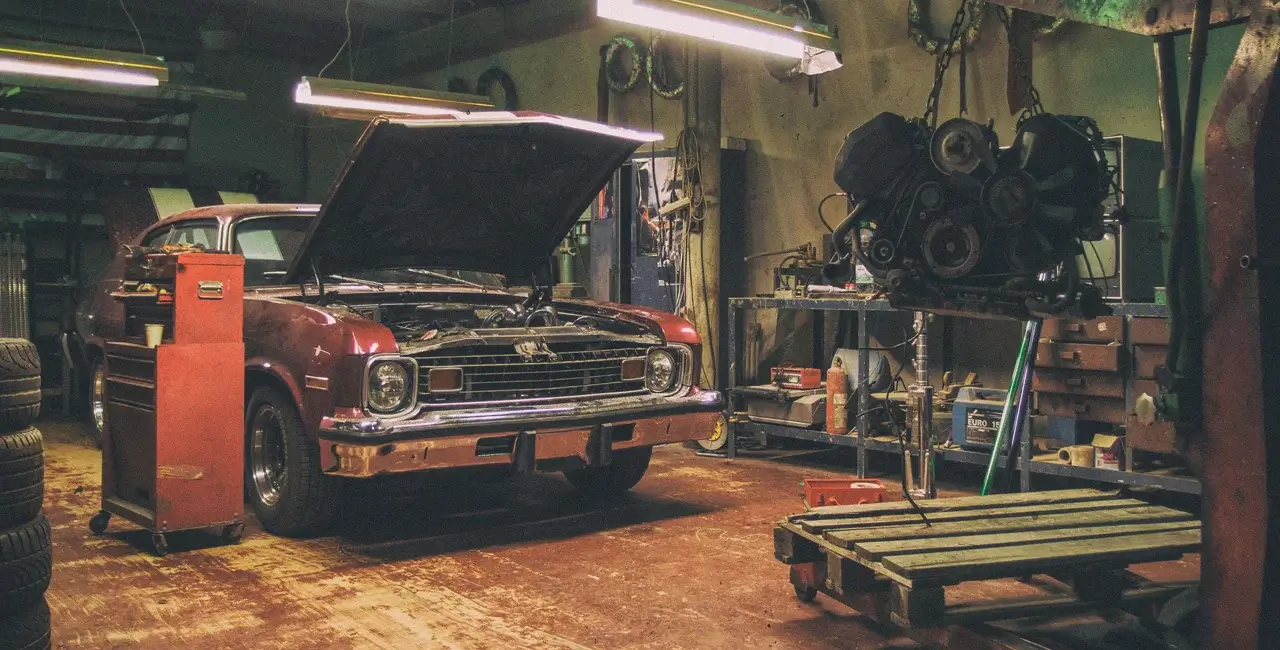According to the Federal Highway Administration, there are over 5,891,000 vehicle crashes each year. Approximately 21% of these crashes are weather-related accidents. Almost 5,000 fatalities and over 418,000 people are injured because of weather-related collisions each year.
Weather-related crashes occur because of the following adverse weather conditions or repercussions:
- Rain
- Sleet
- Snow
- Fog
- Severe crosswinds
- Blowing snow, sand, or debris
- Slick, wet, snowy, slushy, or icy pavement
Data compiled by the NHTSA found that the majority of weather-related crashes happen during rainfall or on wet pavement. Less than 20% of precipitation-related crashes occur because of snow and ice, and only 3% happen in fog.
Weather-related car accidents usually increase during the winter months due to unsafe driving conditions, which can result in unavoidable accidents. Inclement weather conditions cause slippery roads, loss of vehicle control, and poor visibility.
Although Winter gets a bad rep for its conditions, Fall can also produce its fair share of hazardous conditions, including slippery conditions due to wet fallen leaves, as well as low visibility sunsets and fog. Using safe driving tips throughout the year can help to keep your family safe.
If you’re unsure who’s liable for your bad weather accident, speak with a personal injury attorney today. You can go here to hire the best attorney. Experienced attorneys can help you recover damages when you’ve been injured due to bad weather conditions.
If you live in California you are quite familiar with the weather extremes and the issues that come while driving. Accidents in extreme weather conditions are common but if the roads that need to be maintained by the government are not taken care of then you are eligible for any kind of settlement and the lemon law lawyer in Cali can help you with it.
Weather Conditions and Liability
Generally, if the weather is deemed the source of a car accident, the individual operating the vehicle will most likely be held liable. Yes, dangerous weather conditions can trigger an accident, but the driver is ultimately responsible because they are required by law to operate their vehicle safely in all weather conditions.
Every accident is unique due to its circumstances. When drivers lose control of their vehicles during inclement weather, they can be labeled responsible. If multiple vehicles collide due to dangerous conditions, each party can be held responsible for their damages, like in a shared fault accident.
Determining Liability in Bad Weather
Negligence is a key determining factor for liability in accidents during poor weather conditions.
When a driver does not utilize the proper caution in hazardous weather conditions, they become a danger to themselves and other travelers. This can refer to how the vehicle is operated or whether or not the car is equipped to handle poor road conditions.
Other driver actions that can be deemed negligence in bad weather include:
- Driving at unsafe speeds that are more dangerous in the poor weather conditions
- Turning at accelerated speeds on wet, icy, and slippery pavement
- Following other vehicles too closely
- Failing to properly signal others and not using headlights in poor visibility
- Poor vehicle maintenance so that it is ill-equipped for the conditions
Worn tires, bad brakes, broken tail lights, and ineffective windshield wipers are just a few maintenance issues that can lead to an accident, especially when conditions are poor.
Bad weather isn’t enough to cause an auto accident. Generally, accidents happen due to a combination of the driver’s skills, the vehicle’s current condition, and the conditions of the road.
Inclement Weather Insurance Claims
Determining negligence and fault is the key role of an insurance agent.
If an accident occurs in heavy rain due to a driver’s negligence, the claim’s outcome would be similar to any other auto accident. This is because the accident was not caused by the weather but by the driver’s performance and vehicle conditions.
In some instances, driving in and of itself can be deemed negligent. Even if an individual was driving at safe speeds in bleak conditions, it can be determined that they should not have been driving in such extreme conditions and therefore breached their duty of care to others.
Be prepared for insurance agents to give little regard to the weather conditions in your accident. Rain, snow, ice, wind, or fog may not be the determining factor, and your ability to keep the vehicle under control without harming others is what they will be evaluating.
Personal injury professionals suggest taking your claim to court for viable reasons if you believe another party was at fault. That other party could be another driver, a pedestrian, or the manufacturer of the car. If you feel you have a strong case, seek out a car accident attorney with experience trying similar cases to yours.
Weather Conditions Safety Steps and Protections
The steps you take after an accident can affect how your claim concludes. That’s why you must take the appropriate steps so that you don’t jeopardize your claim. Personal injury law professionals suggest the following:
- Don’t admit fault or apologize at the scene of an accident. Apologizing can be mistaken for admitting fault, and doing so may harm your claim.
- Although you may feel fine after your accident, admitting that you are not injured can be used as evidence against you. Many accident injury effects are delayed, which is why it’s imperative to seek medical treatment after an accident.
- Collecting evidence at the scene can help your claim. Take photos of anything that may help your claims, like skid marks and the damage to your vehicle or any bodily injuries.
- Filing a claim with your insurance company is imperative if you plan on seeking accident benefits. Inform your insurance agent as soon as possible because there may be a time limit for filing a claim.
- See your doctor or a medical professional to ensure you are not physically hurt. This is good for insurance purposes, and being evaluated soon after your accident shows that you’ve done your due diligence.
- Before signing anything, read the fine print. You don’t want to forfeit your rights to a claim or admit something that may prove detrimental to your claim.
- If you believe that you are not at fault, contact an attorney. A lawyer can help you build a strong case using their experience dealing with bad weather car accident claims. Accident attorneys will know how to proceed with your case.
If you were in a car accident caused by bad weather, even after taking all necessary precautions, you could receive damages from your insurance company. If the accident is caused by another driver, who failed to drive responsibly, you may claim damages from the negligent driver.
Discover more from Locar Deals
Subscribe to get the latest posts to your email.








Una vez que contrates a un abogado, comenzará el proceso de investigación de tu accidente. Esto puede implicar la recopilación y análisis de informes policiales, declaraciones de testigos, registros médicos y otras pruebas. Tu abogado puede incluso contratar a un investigador privado para buscar testigos o pruebas adicionales, como videos de vigilancia. Al mismo tiempo, tu abogado comenzará a realizar investigaciones legales sobre tu caso.